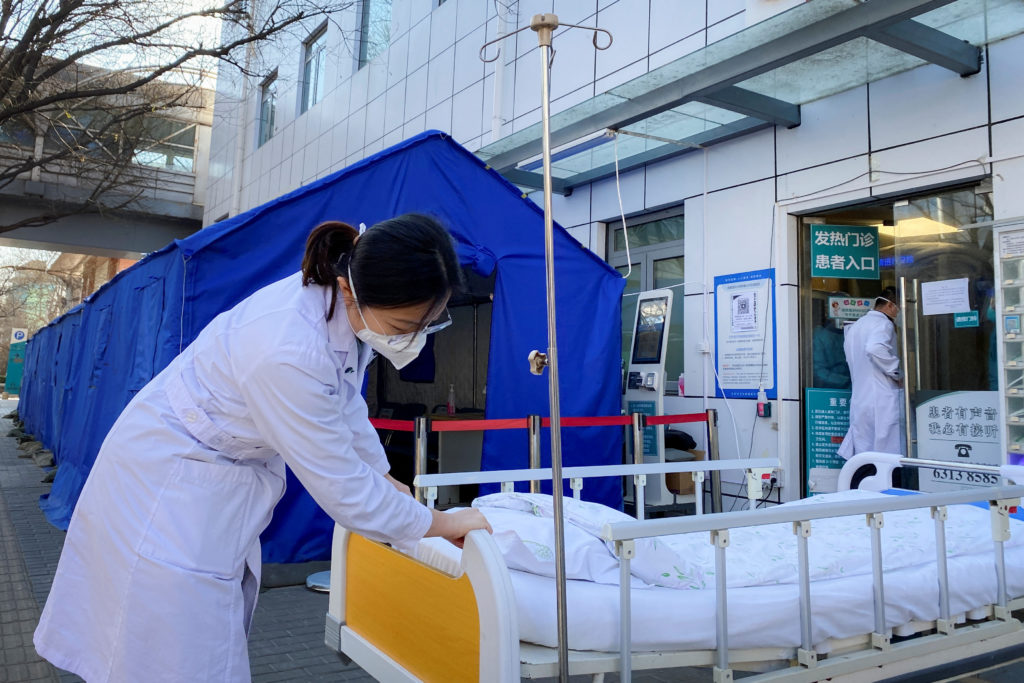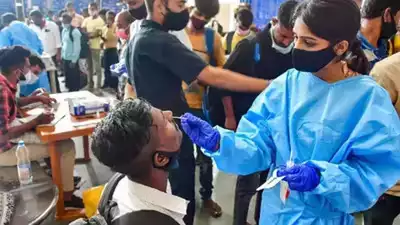Global study reveals two very rare COVID-19 vaccine side effects previously unknown

NEW DELHI: In the largest vaccine safety study to date, researchers have identified two exceptionally rare side effects associated with COVID-19 vaccines: a neurological disorder and inflammation of the spinal cord. These findings, published in the international journal Vaccine, emerged from an extensive analysis of electronic healthcare data encompassing over 99 million people across various countries, as reported by the Guardian.
The study, conducted by the Global Vaccine Data Network, compared the incidence rates of 13 brain, blood, and heart conditions post-vaccination with the expected rates in the pre-pandemic population.
It corroborated previously established links between mRNA vaccines (Pfizer and Moderna) and rare side effects such as myocarditis and pericarditis, as well as Guillain-Barré syndrome and cerebral venous sinus thrombosis associated with the AstraZeneca vaccine.
Amidst the analysis, researchers also unearthed new rare side effects tied to the AstraZeneca vaccine. Acute disseminated encephalomyelitis, characterised by inflammation and swelling in the brain and spinal cord, emerged as a newfound concern.
Additionally, the study revealed another rare side effect: transverse myelitis, involving inflammation of the spinal cord.
The findings prompted a secondary investigation, particularly in Australia, where a separate dataset of 6.8 million AstraZeneca vaccine recipients was scrutinised. This follow-up study not only confirmed acute disseminated encephalomyelitis and transverse myelitis as rare side effects but also quantified their occurrence, with extremely low incidence rates per million doses.
Professor Jim Buttery, co-director of the Global Vaccine Data Network, told the Guardian that rare side effects often surface only after extensive vaccine usage. Despite the seriousness of these conditions, Buttery stressed that the risk of myocarditis and other complications post-Covid infection outweighs that following vaccination.











